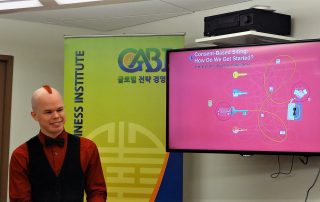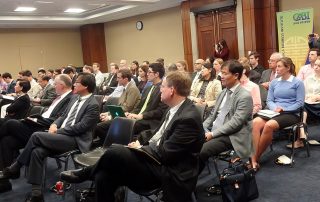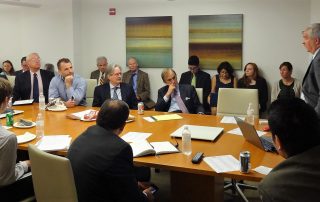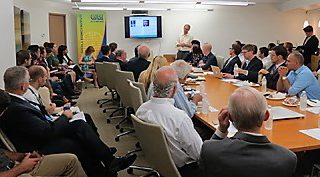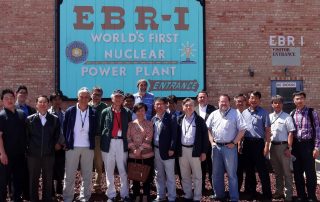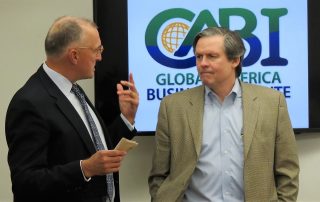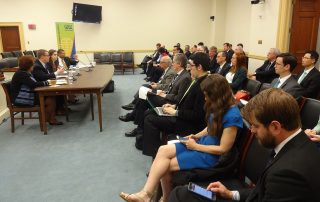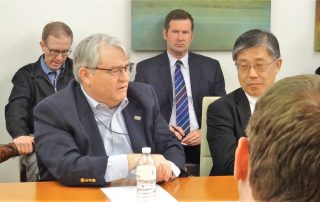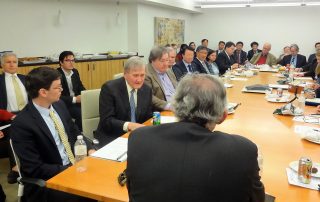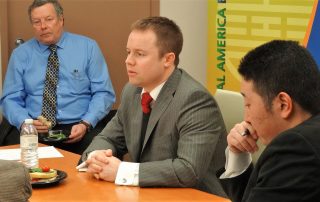At present, dialogue on nuclear technology in Washington, DC has tended to focus on issues related to nuclear materials security, nonproliferation, and arms control issues, rather than nuclear power. As a result, the policy community in Washington tends view nuclear power technologies with some skepticism. Given this environment, it is GABI’s commitment to promote, educate, and enhance the understanding of the vital role of nuclear power from the perspective of ensuring energy security, reliability and sustainability.
Consent-Based Siting: How Do We Get Started?
The management of spent nuclear fuel and radioactive waste from civilian nuclear activities remains a problematic issue for many nuclear power countries, and the United States is no exception. A final geological repository has yet to be established in the U.S., and the entirety of the growing stockpile of spent fuel is currently located at

